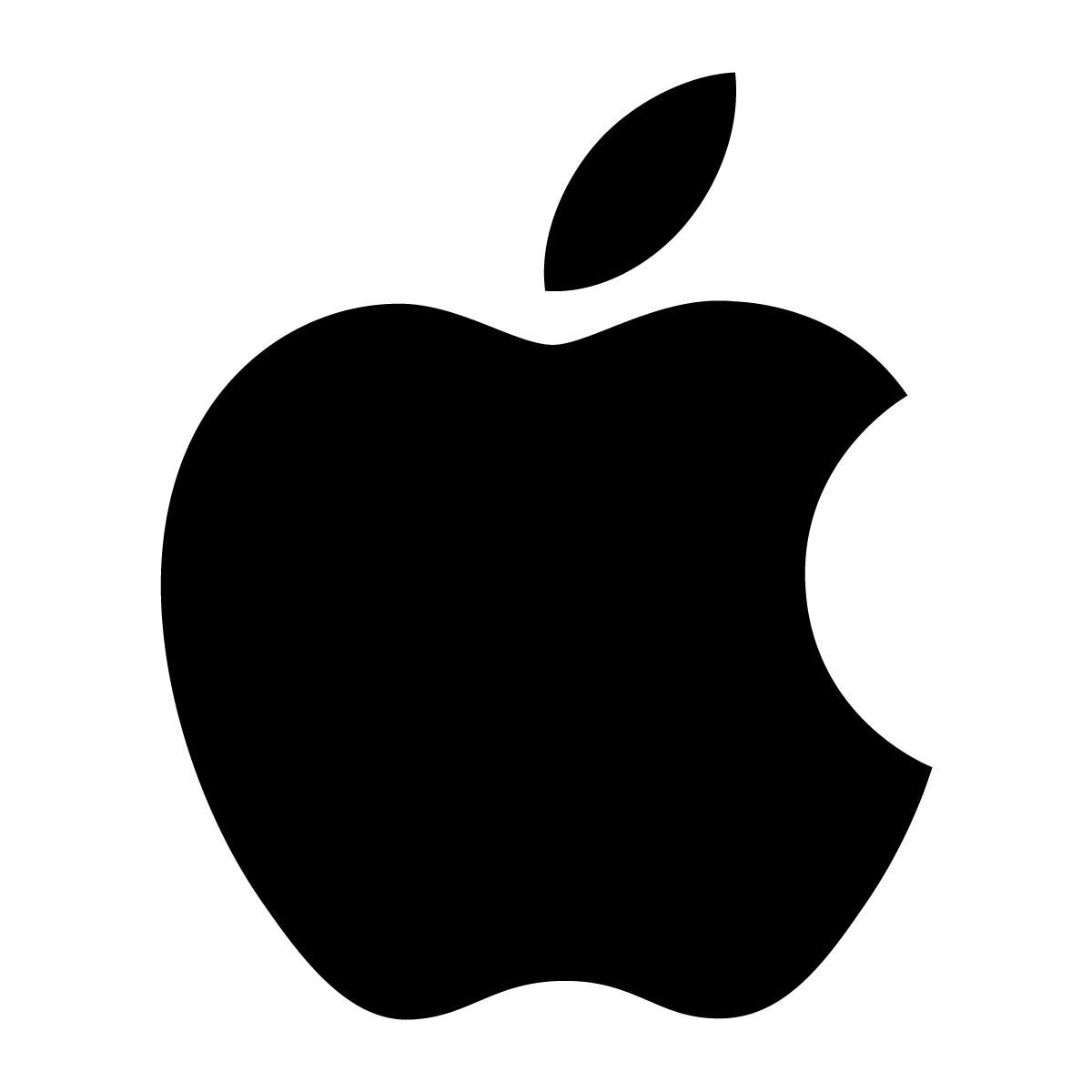Apple introduced \textit{privacy labels} in Dec. 2020 as a way for developers to report the privacy behaviors of their apps. While Apple does not validate labels, they do also require developers to provide a privacy policy, which offers an important comparison point. In this paper, we applied the NLP framework of Polisis to extract features of the privacy policy for 515,920 apps on the iOS App Store comparing the output to the privacy labels. We identify discrepancies between the policies and the labels, particularly as it relates to data collected that is linked to users. We find that 287$\pm196$K apps' privacy policies may indicate data collection that is linked to users than what is reported in the privacy labels. More alarming, a large number of (97$\pm30$\%) of the apps that have {\em Data Not Collected} privacy label have a privacy policy that indicates otherwise. We provide insights into potential sources for discrepancies, including the use of templates and confusion around Apple's definitions and requirements. These results suggest that there is still significant work to be done to help developers more accurately labeling their apps. Incorporating a Polisis-like system as a first-order check can help improve the current state and better inform developers when there are possible misapplication of privacy labels.
翻译:暂无翻译




